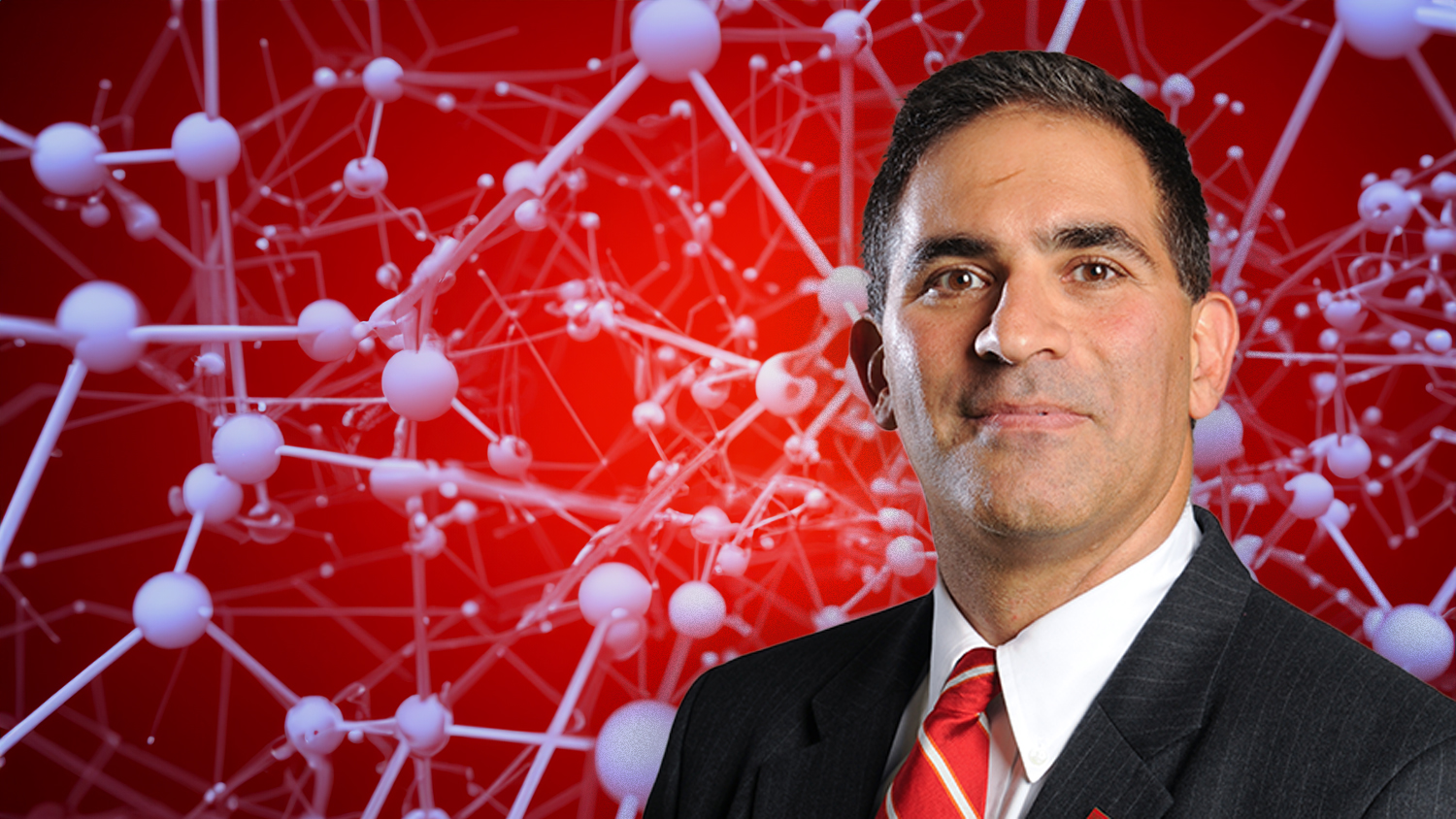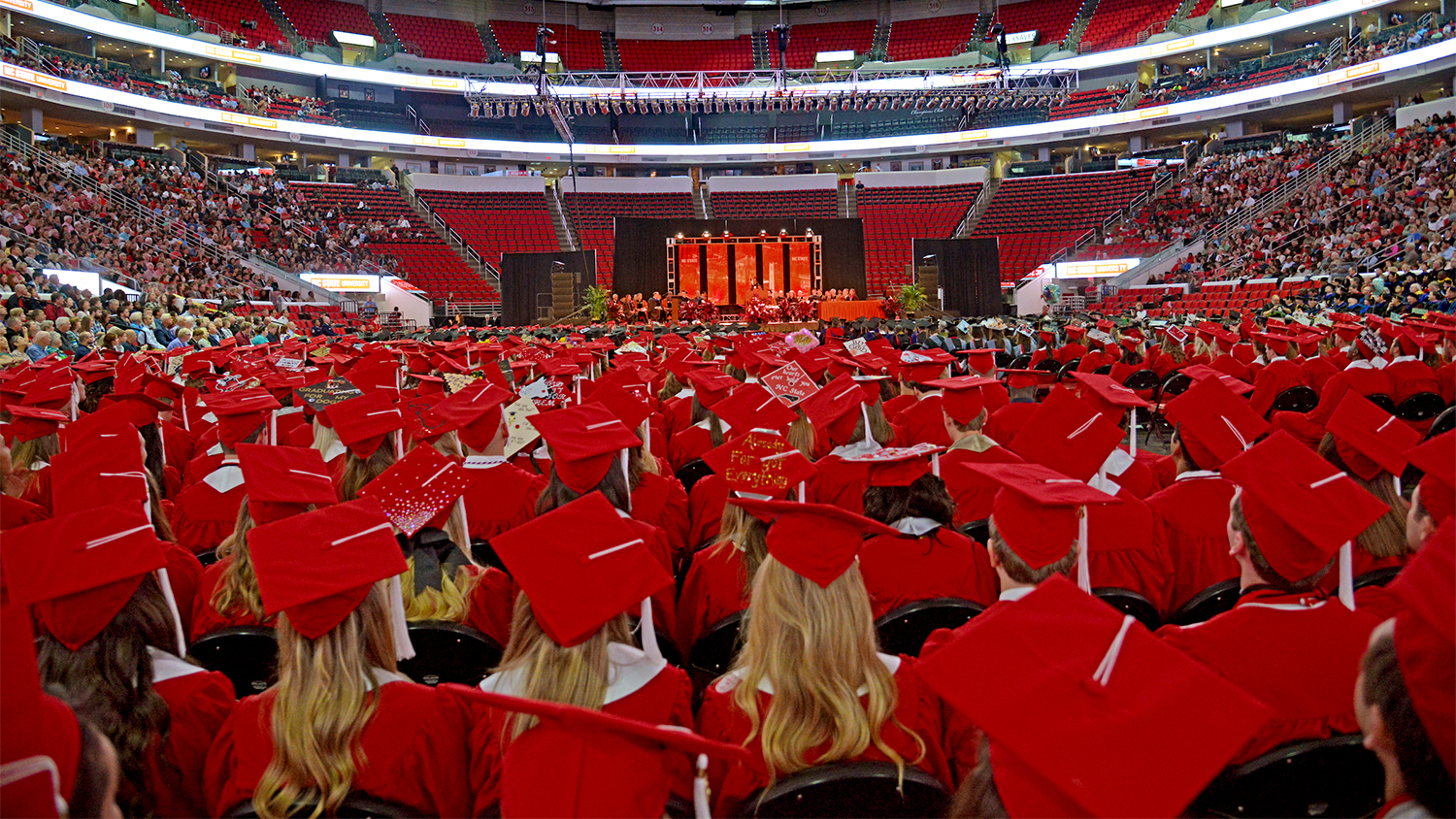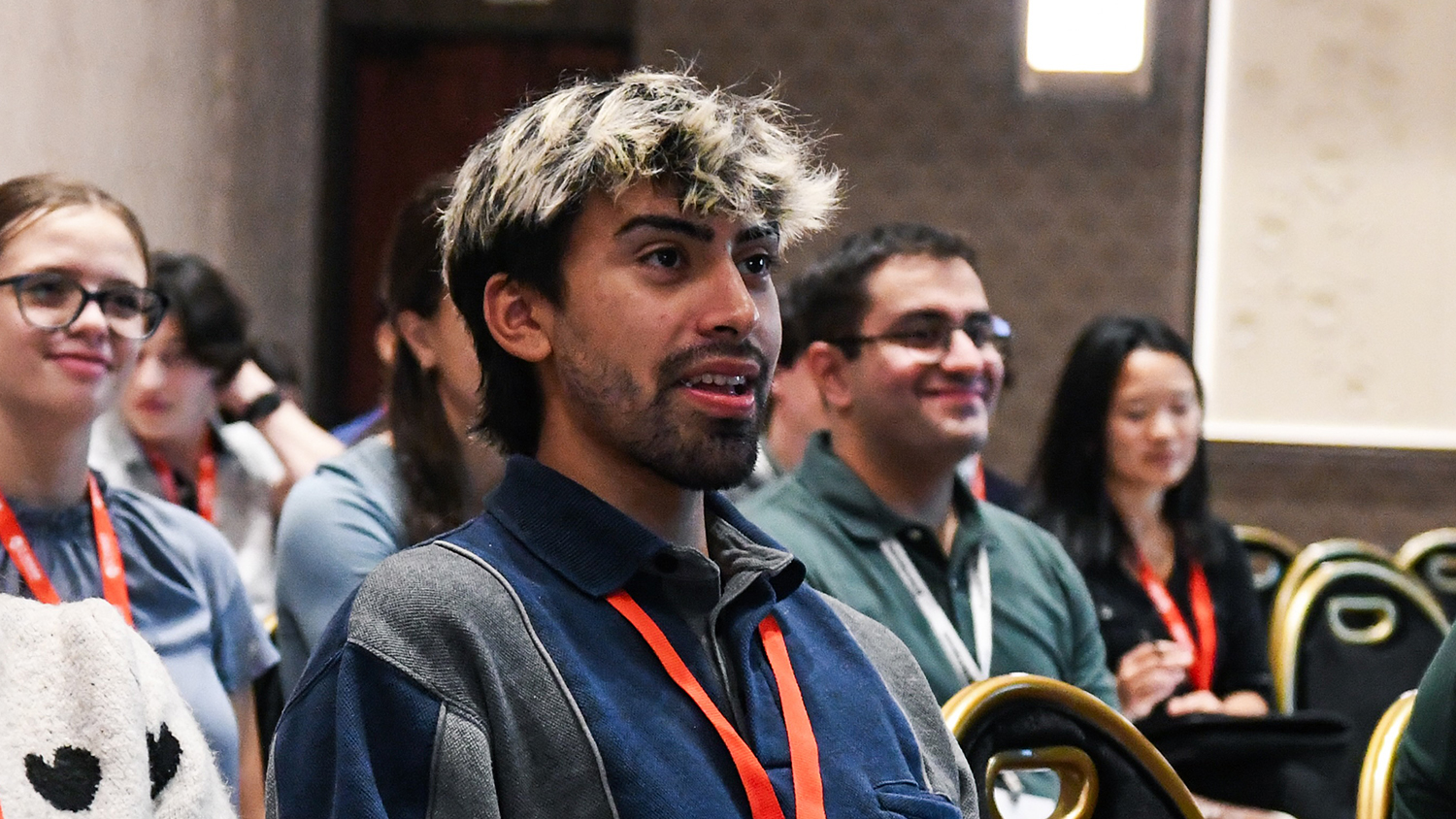Material World
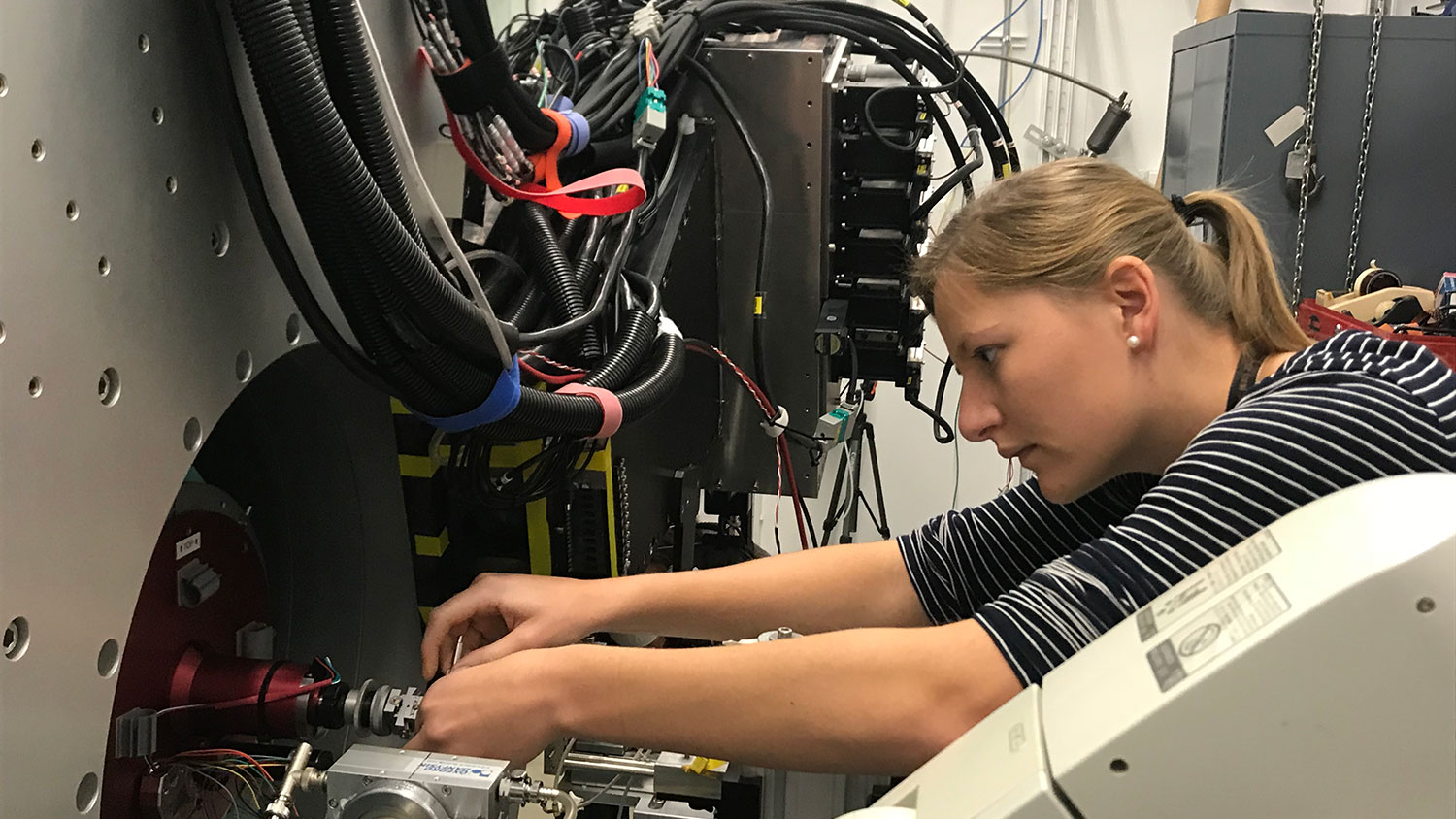
The Data-Enabled Science of Engineering and Atomic Structure (SEAS) traineeship program is creating a new generation of data-driven scientists that will help develop smart materials
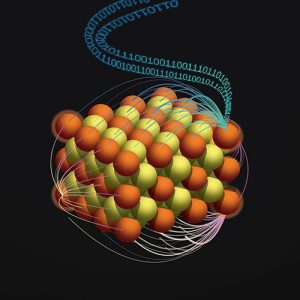 Materials matter.
Materials matter.
As Dr. Yaroslava Yingling, professor in NC State’s Department of Materials Science and Engineering (MSE), points out, breakthroughs across engineering disciplines that create smart infrastructure, new consumer electronics or better drug delivery methods are enabled by new and better materials.
“A discovery of novel material often precedes and stimulates technological innovations,” Yingling said. “Until we discover new materials, we can’t do the rest of the engineering.”
Like many scientific and engineering disciplines, materials science is being impacted today by tremendous growth in available data, cheaper ways to store it and machine learning methods that help researchers interpret data and look for patterns. The processed and analyzed data patterns can help speed up development and deployment of new materials, leading to high demand by industry for graduates trained in both materials engineering and data science.
MSE research teams traveling to Argonne, Brookhaven and Oak Ridge National Laboratories to use advanced scattering microscopy resources return with terabytes of data to sort through and interpret, said Dr. Elizabeth Dickey, Distinguished Professor in MSE.
It’s causing engineers and scientists to rethink some assumptions. Yingling explains that, for years, data from experiments that were not part of patent or publication was tossed aside. With more capacity for data capture and storage, the results from those experiments now can and should be kept.
“We need to change students’ understanding of how to collect the data, how to keep the data, what data to keep and how to use this data for machine learning to speed up materials discovery,” she said.
That’s the idea behind Data-Enabled Science of Engineering and Atomic Structure (SEAS), a National Science Foundation Research Traineeship at NC State and NC Central University (NCCU).
The program allows graduate students in materials science and engineering, statistics and other fields to receive additional training and instruction in areas beyond their discipline. The program also includes a broad mix of laboratory rotations, interdisciplinary research group activities, external internships, leadership-training activities and more.
The program’s Bridge-to-Ph.D. component allows master’s students in math, physics and chemistry at NCCU to participate in SEAS activities at NC State, helping those students on the path to pursuing a Ph.D. in a STEM-related field and addressing the challenges of diversity within doctoral programs.
“You have a unique opportunity to take an interdisciplinary route to your graduate education which, in my opinion, makes students more marketable whenever they’re looking for jobs,” said Dr. Ashleigh Wright, SEAS program coordinator. “You still gain expertise in a particular field, but you also develop a working knowledge of another area that really enhances the way that you do research, the way that you think about approaching problems.”
Meeting a need
SEAS trainees are required to take nine credit hours of core coursework in materials science and engineering, mathematics and statistics, and at least three credit hours in elective coursework outside of their home discipline. The coursework comprises a new Graduate Certificate in Materials Informatics that will be offered in fall 2020, further filling the need of data-driven scientists in the workforce. As director of the undergraduate program in MSE, Yingling hopes to also establish an undergraduate level class in materials informatics and eventually an undergraduate materials informatics concentration.
“Students in math and statistics would not normally be taking an atomic crystallography course or a materials informatics course and vice versa,” Wright said. “Prior to this program there was not much overlap in these particular fields.”
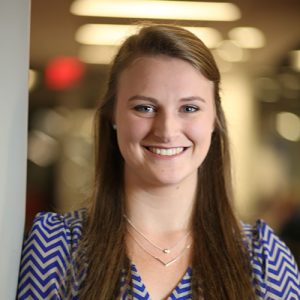
Yingling said that additional training in data science affords materials science and engineering students a significant hiring advantage and a higher starting salary. Nicole Creange, a fifth-year MSE Ph.D. student, came to NC State after earning a bachelor’s degree in physics from James Madison University. Under the mentorship of Dickey, who serves as director of SEAS, she started as a Fellow in 2016 and has developed her research to incorporate statistical methods into the analysis of atomic structure-generated data and is completing an internship at Oak Ridge. Creange, who hopes to secure a position in industry or with a national laboratory, said her SEAS training in data science has made her much more prepared for opportunities after graduation.
“It’s opened more doors, especially at Oak Ridge, for future jobs,” Creange said.
SEAS graduates have secured positions as data analyst at Johns Hopkins Applied Research Lab, data scientist at Citrine Informatics and postdoctoral researcher at the University of Sydney.
Dickey said members of SEAS’ industrial advisory board have emphasized the need for materials engineers to have a working knowledge of using data in order to hit the ground running after graduation.
“They definitely sent a clear message that these skill sets are now an expectation.”
Charting a path
SEAS is one of a suite of efforts being undertaken at NCCU to help smooth the transition from bachelor’s and master’s studies in the sciences at an HBCU to a Ph.D. program at a research-intensive university. For example, NCCU’s NSF-funded DREAM STEM project works to attract, retain and train undergraduates from underrepresented groups to science degree programs. Also, NCCU participates in a 3+2 program with the College of Engineering at NC State; the program allows students to earn a dual B.S. in math or physics from NCCU and in electrical engineering from NC State.
Dr. Caesar Jackson, professor, and Dr. Kimberly Weems, associate professor, in NCCU’s Department of Mathematics and Physics coordinate the SEAS program in conjunction with Wright. They spend a lot of time recruiting at events held by the National Society of Black Engineers, National Society of Black Physicists, Math Alliance and other professional organizations.
Weems says that SEAS provides NCCU students with important support structures like writing workshops and GRE preparation that enhance their academic training. Exposing the students to research and the culture of a Ph.D. program is important to overcoming impostor syndrome, a feeling of inadequacy that often affects high-achieving students from underrepresented groups. “Our goal is to encourage students to pursue Ph.D.s in STEM fields,” she said. “SEAS is a way of doing this, and, so far, we’ve been very successful.”
NC Central master’s graduates who have participated as SEAS Fellows have gone on to Ph.D. programs in mathematics at NC State and Howard University. After completing a master’s degree in applied mathematics, Shana McDowell accepted a position as a senior data technician in Duke University’s Structural Biology and Biophysics Program, an offer that resulted from a summer internship for which she was competitive because of her data science knowledge and training. “My main motivation for joining the SEAS program was gaining experience in quantitative research,” she said.
McDowell was accepted into the biostatistics Ph.D. program at the University of Alabama at Birmingham in 2019. She is currently looking to expand her graduate school opportunities and plans to begin her Ph.D. studies this fall.
Return to contents or download the Spring/Summer 2020 NC State Engineering magazine (PDF, 11MB).
- Categories:
